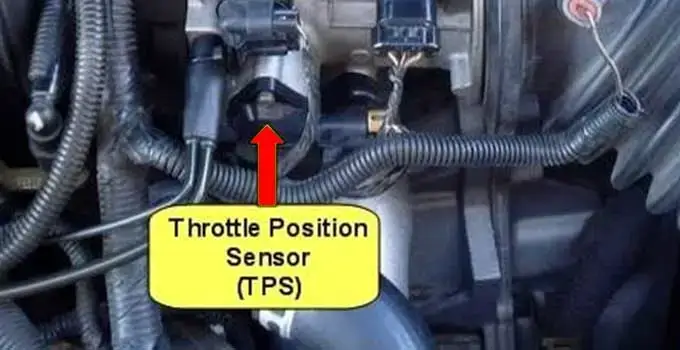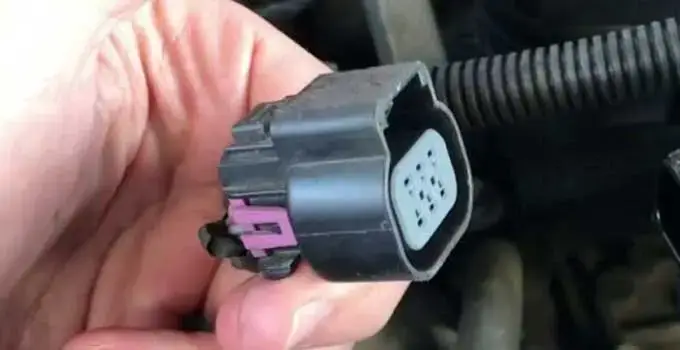When braking, the car jerking issue is a widespread one from a security standpoint. It may cause issues for both drivers and passengers. Your automobile twitches when braking in drive for a variety of reasons.
But, it does not imply that you will need to panic if this circumstance arises. Below, I outline each of the fixes for these typical issues as well as what you should do in a similar circumstance. You’ll drive carefully and restrain yourself from experiencing any additional car troubles.
Reasons: Why Does a Car to Jerk When Braking
Get to the bottom of the issue before moving forward with your auto repair. Without the proper investigation or troubleshooting, you run the danger of further damaging your car. For a variety of reasons, your car jerks upon braking. The uneven flow of air and fuel is typically the cause of vibration.
To determine what is generating the vibration and what you may do to stop it, you must take into account additional factors. The following is a list of likely causes for your car to jerk during braking.
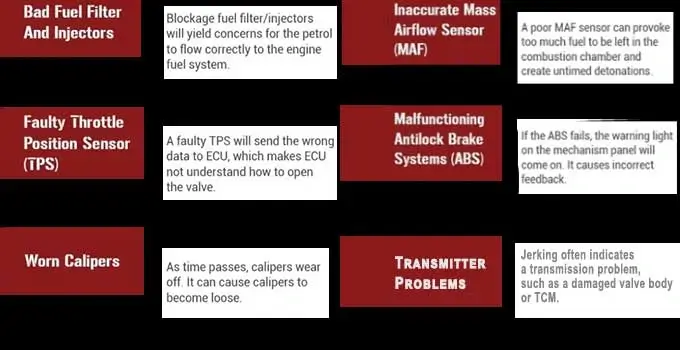
Defective or Contaminated Fuel Filter and Injectors
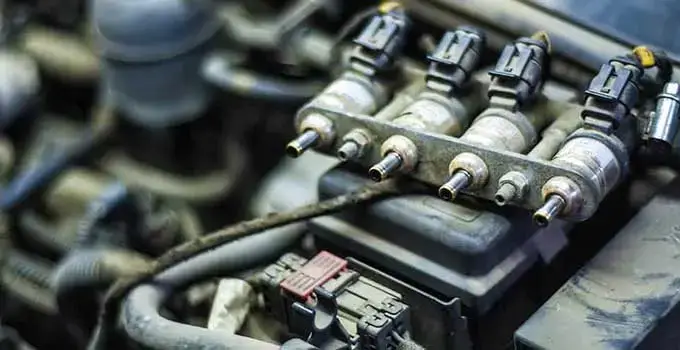
Car jerking can also be caused by changing the gasoline filter in your vehicle. Vehicle fuel filter obstruction is a common cause of car jerks during braking. The application of brake pressure is another typical cause.
Your car may jerk when you slow down because of waste particles that have built up in the fuel filter. Concerns about the petrol flowing properly into the engine fuel system will result from this circumstance.
Faulty Throttle Position Sensor (TPS)
A compact luxury car’s throttle position sensor is an essential component. Poor TPS frequently manifests as stuttering or jerking. You will experience car jerking when braking while driving.
The engine control unit will receive the incorrect data from a malfunctioning throttle position sensor (ECU). Because of this, the ECU is unable to grasp how to open the valve. When you are driving, it controls the jerking of the vehicle.
Faulty MAF Sensor
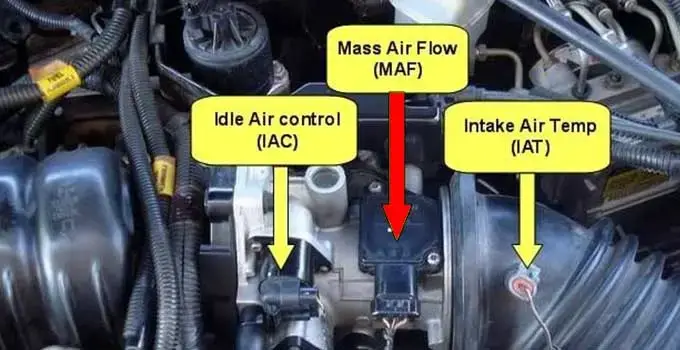
A damaged Mass Airflow Sensor (MAF) can frequently lead to an engine jerk as a car slows down. An engine’s ECM/PCM receives information from a mass airflow sensor about how much air is moving through the intake system.
Real-time fuel trim calculations for engines are made using this feedback. Yet, anomalies in combustion can result from the display of erroneous data.
Ignition Coils
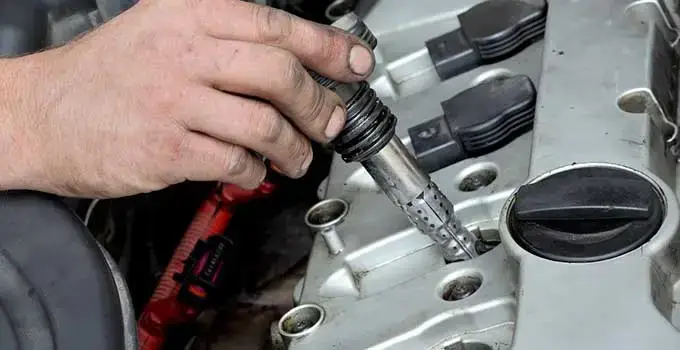
The ignition coils of an engine deliver a precise spark to each individual cylinder. But, once an ignition coil starts to malfunction, it frequently causes low-speed misfires, which are frequently sensed as bucking or jumping.
While these problems can also occur when traveling at a high speed cruising, they are much more common when moving quickly because the relative engine load is so much lower.
Failure of Antilock Braking Systems (ABS)
Modern cars have anti-lock braking systems (ABS), which help the car come to a safe stop, especially in slick circumstances. Sensors, electrical control modules, and hydraulic control units are all part of this system.
Generally, the mechanism panel’s warning light will turn on if the ABS malfunctions. Metal shavings and other dirt, as well as poor sensor wiring, can be signs of a problem. That results in inaccurate feedback. To define the error code that signifies the issue, use the ABS scan tool.
Transmitter Problems
When slowing to a stop, jerking often indicates a transmission problem, such as a damaged valve body or TCM.
Both automatic and manual transmissions typically do this in an effort to adapt their gearing and speed to the driving circumstances. Further diagnostic testing will be necessary to determine the full scope of such problems.
Leaking Vacuum
Vacuum leaks are still another frequent factor in the jerking motion of a car when it is slowing down.
On an older car, the operation of the EGR was one of many vital processes that frequently relied on engine vacuum. Even worse, a leak in a car’s vacuum system can cause catastrophic misfires that are unpredictable and frequently only noticeable when the car is slowing down to a halt.
Calipers Get Worn
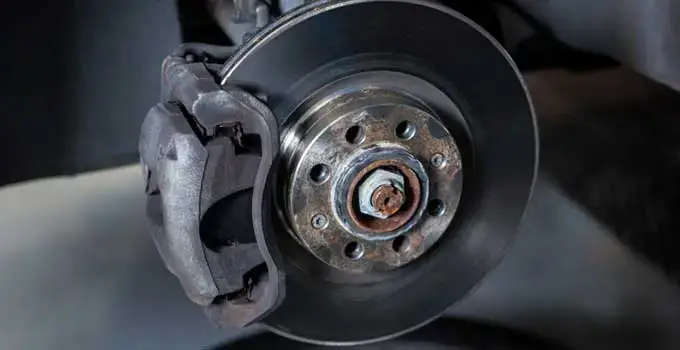
Car jerks on braking might be caused by worn calipers. This might happen when the maintenance is poor. Another reason is a vehicle with a high mileage.
Calipers deteriorate over time. Calipers may become loose as a result. Maintenance and repair are not possible in this condition. You only have the option of changing the calipers.
Frequently Asked Questions:
Is car jerking a serious problem?
If you don’t fix a jerking car, your vehicle may experience further issues in the future. One of the most frequent causes of jerky acceleration is dirty fuel injectors.
Why does my car jerk when slowing to a stop?
This could be due to a faulty speed sensor, low transmission fluid, or even a faulty transmission control solenoid or Sensors failure (TPS, MAF), Leaking Vacuum.
Is it safe to drive a car that jerks?
Well at high speed car jerking is dangerous in heavy traffic or bad weather, however at slow speed it is not as dangerous as compare to high speed but still not sage to drive with that problem, it could lead to a big problem that could cause you on the middle of the road.

